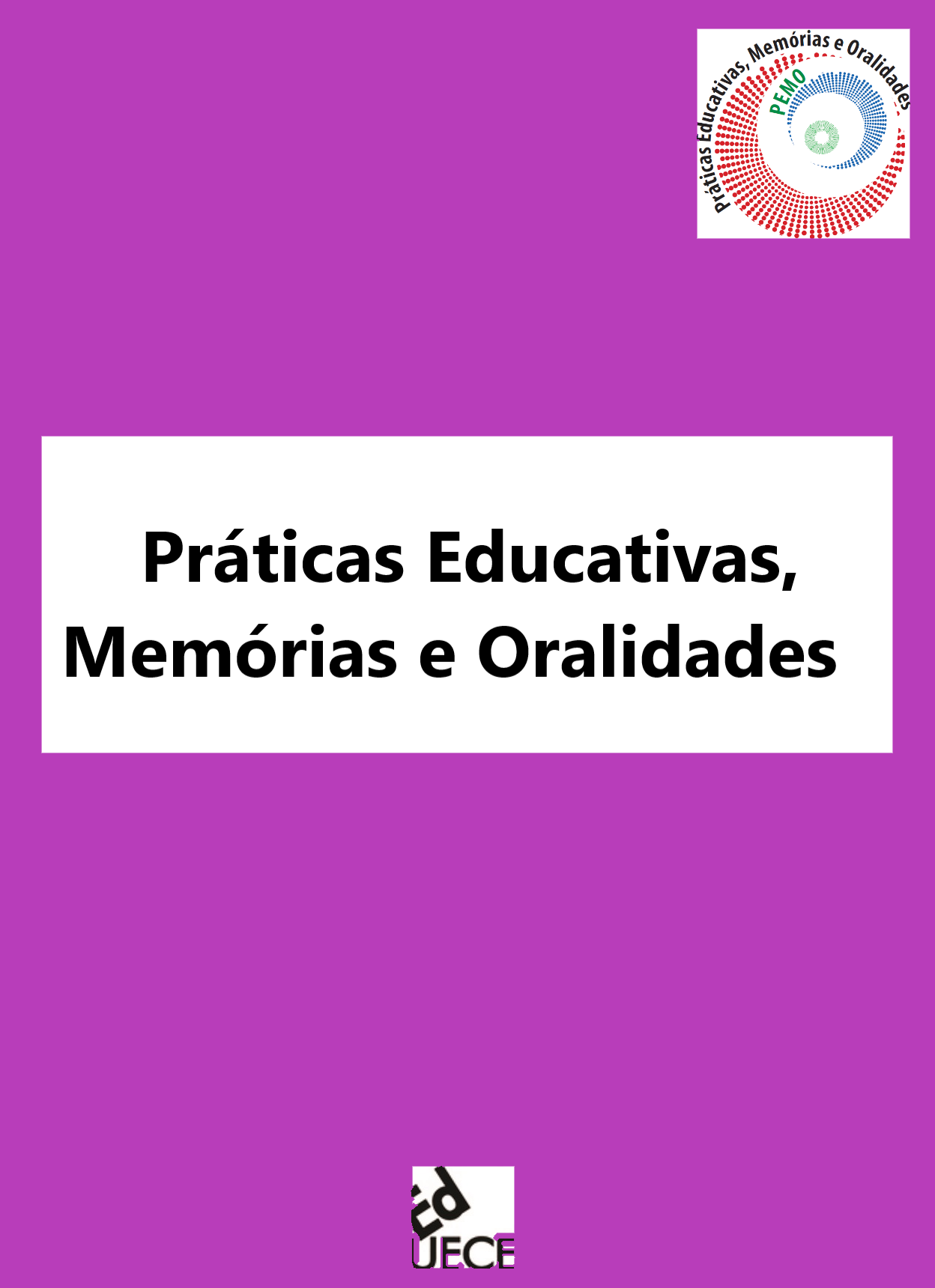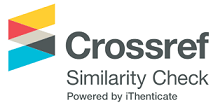Psychomotor skills in Education
DOI:
https://doi.org/10.47149/pemo.v3i3.5566Keywords:
Development, Motor, Psychomotor Skills, EducationAbstract
When it refers to children, the importance of playing is observed for the development of the body. Through school activities it is possible to improve the children's physical fitness and psychomotor development through stimulation such as games and play, stimulating the child's motor skills and cognitive development. Therefore, this study has as its main goal to analyze psychomotricity applied to education. For this purpose, we used a bibliographical research based on the literature related to the subject matter of the study. It is important that psychomotricity be applied from early childhood education, a time of new learning and discoveries that will be carried throughout life. In this teaching-learning context, the teacher plays an important role in helping the child's development. When worked on correctly, psychomotricity can contribute significantly to the child's school life, being able to minimize difficulties and providing learning to the child.
Downloads
References
FONSECA, V. Desenvolvimento Psicomotor e Aprendizagem. Porto Alegre: Artmed, 2008.
FONTANA, C. M. A Importância da Psicomotricidade na Educação Infantil. 78 f. Monografia (Especialização em Educação: Métodos e Técnicas de Ensino) – Universidade Tecnológica Federal do Paraná, Medianeira, 2012.
FORTES, P. P. Psicomotricidade. Revista Atividade Física, Lazer & Qualidade de Vida. Manaus, v.1, n.1, p.26-41, nov. 2010.
GALLAHUE, D.L.; OZMUN, J. C. Compreendendo o Desenvolvimento Motor: bebês, crianças, adolescentes e adultos. São Paulo: Phorte Editora, 2002.
GALLAHUE, D. L; OZMUN C. Compreendendo o Desenvolvimento Motor: bebês, crianças, adolescentes e adultos. 2 ed. São Paulo: Phorte Editora, 2005.
JOSÉ, E. A.; COELHO, M. T. Problemas de Aprendizagem. 12 ed. São Paulo: Ática, 2002.
LE BOULCH, J. A Educação pelo Movimento: a psicocinética na idade escolar. Porto Alegre: Artes Médicas, 1984.
LE BOULCH, J. Educação Psicomotora: a psicocinética na idade escolar. Porto Alegre: Artes Médicas, 1987.
LUSSAC, R. M. P. Psicomotricidade: história, desenvolvimento, conceitos, definições e intervenção profissional. Rev. Dig. Buenos Aires. Ano 10, n° 126, 2008. Disponível em: https://www.efdeportes.com/efd126/psicomotricidade-historia-e-intervencao-profissional.htm. Acesso em: jan. 2021.
NEGRINE, A. Aprendizagem e Desenvolvimento Infantil: psicomotricidade e alternativas pedagógicas. Porto alegre: Prodil, 1995.
OLIVEIRA, A. F. S; SOUZA, J. A importância da psicomotricidade no processo de aprendizagem infantil. Rev. Fiar: Núcleo de Pesquisa e Extensão, Ariquemes, v. 2 n. 1, p. 125-146, 2013.
ROSA, Neto. Manual de Avaliação Motora. Porto Alegre: Artmed, 1996.
ROSSI, F. S. Considerações sobre a Psicomotricidade na Educação Infantil. Revista Vozes dos Vales da UFVJM: Publicações Acadêmicas, MG, nº 01, ano I, 05/2012. Disponível em: http://site.ufvjm.edu.br/revistamultidisciplinar/volume-i/. Acesso em: jan. 2021.
Published
How to Cite
Issue
Section
License
Copyright (c) 2021 Karin Débora Rodrigues

This work is licensed under a Creative Commons Attribution 4.0 International License.













